In which of the following reactions , diastereomers will be formed ?
A

B
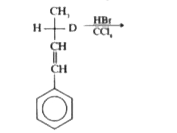
C

D
All of these
Text Solution
The correct Answer is:D
|
Topper's Solved these Questions
- ALKENES AND ALKYNES IIBOOK - MS CHOUHANCHAPTER - ALKENES AND ALKYNES IIEXERCISE - ADDITIONAL OBJECTIVE QUESTIONS (Matrix Match Type)
2 Videos
- ALKENES AND ALKYNES IIBOOK - MS CHOUHANCHAPTER - ALKENES AND ALKYNES IIEXERCISE - ADDITIONAL OBJECTIVE QUESTIONS (Matrix Match Type)
2 Videos
- ALDOL AND CANNIZARO REACTIONBOOK - MS CHOUHANCHAPTER - ALDOL AND CANNIZARO REACTIONEXERCISE - Subjective Problems
3 Videos
- ALKENES AND ALKYNES IBOOK - MS CHOUHANCHAPTER - ALKENES AND ALKYNES IEXERCISE - Additional Objective Questions (Multiple Correct Choice Type)
2 Videos
Similar Questions
Knowledge Check
Vladimir Markovnikov rule:
Alkenes undergo electrophilic addition reactions. It is triggered by the acid acting as a electrophile toward π-electrons of the double bond.
Markovnikov's rule states that when an unsymmetrically substituted alkene reacts with a hydrogen halide, the hydrogen atom adds to the carbon that has the greater number of hydrogen, e.g.,
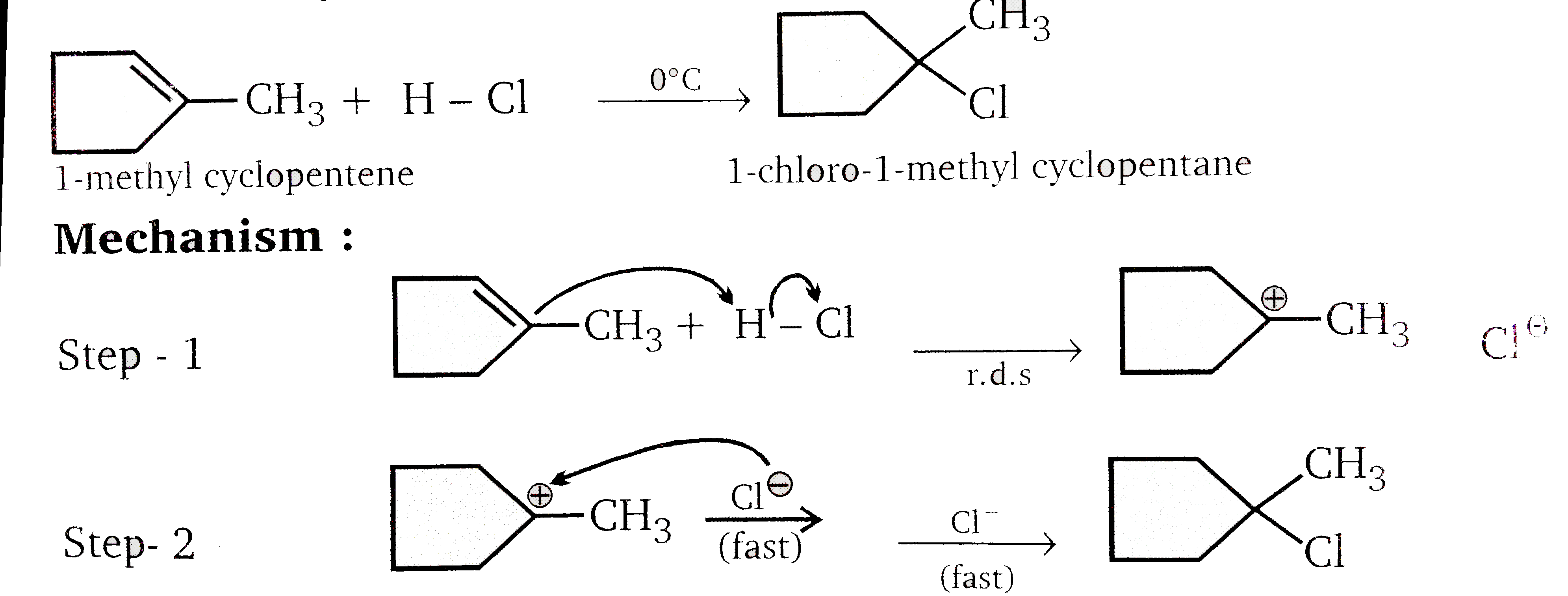 In which of the following reaction, diastereomers will be formed?A
In which of the following reaction, diastereomers will be formed?A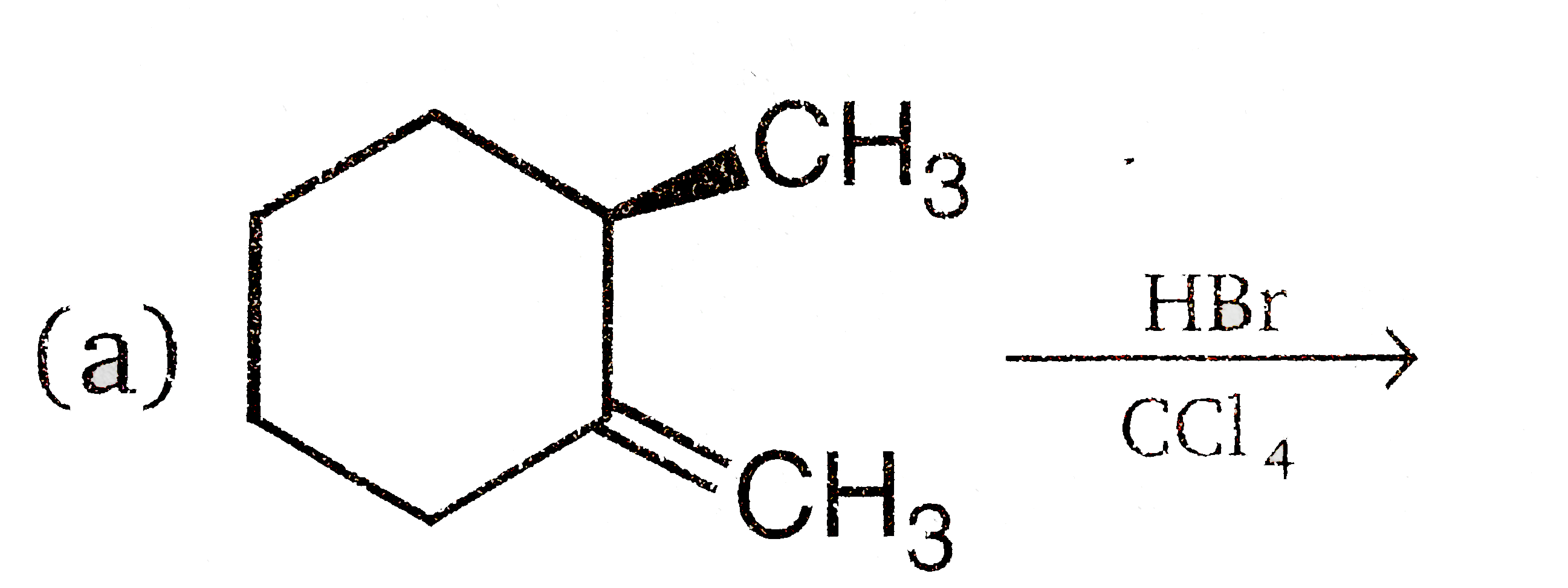 B
B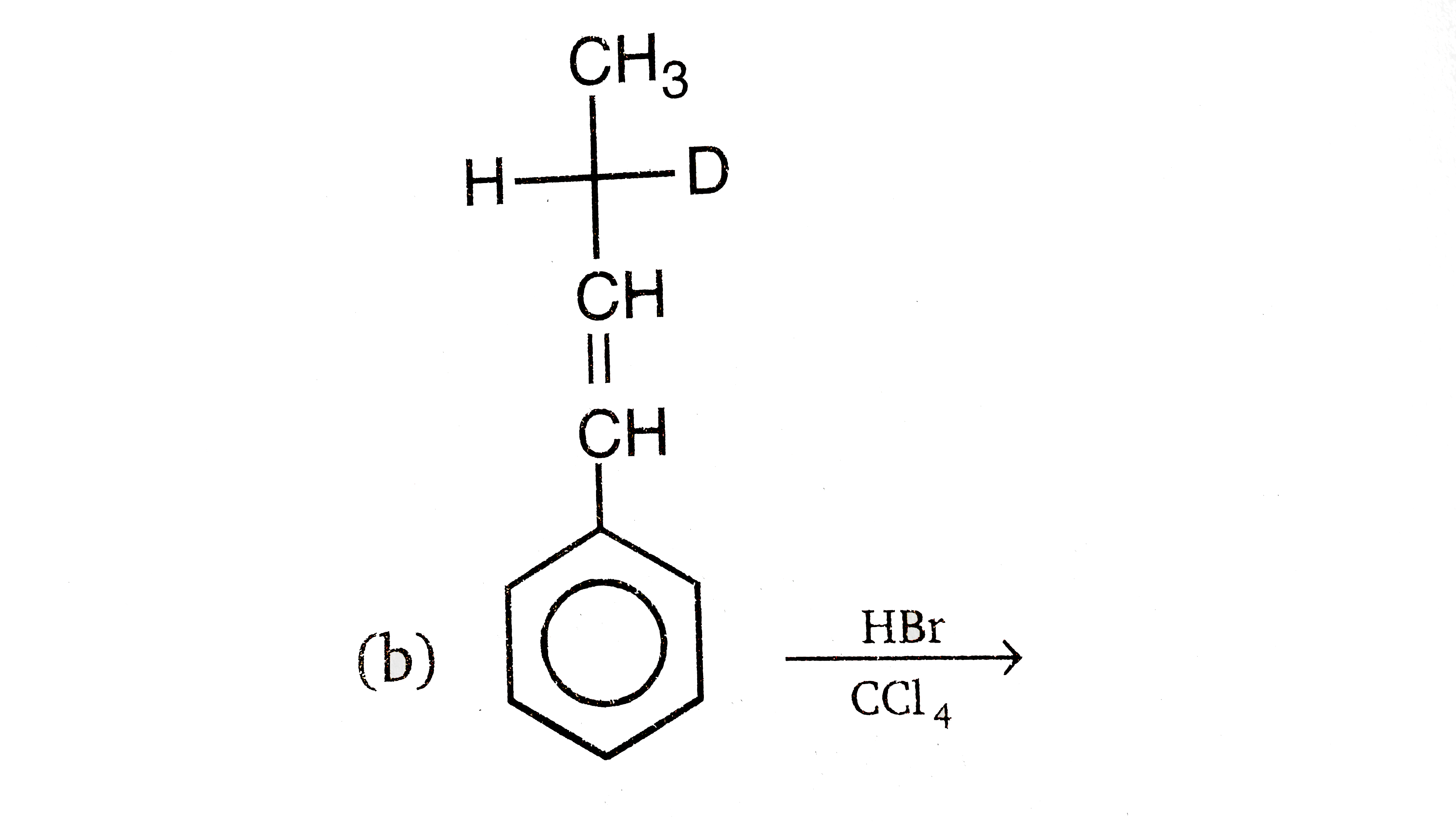 C
C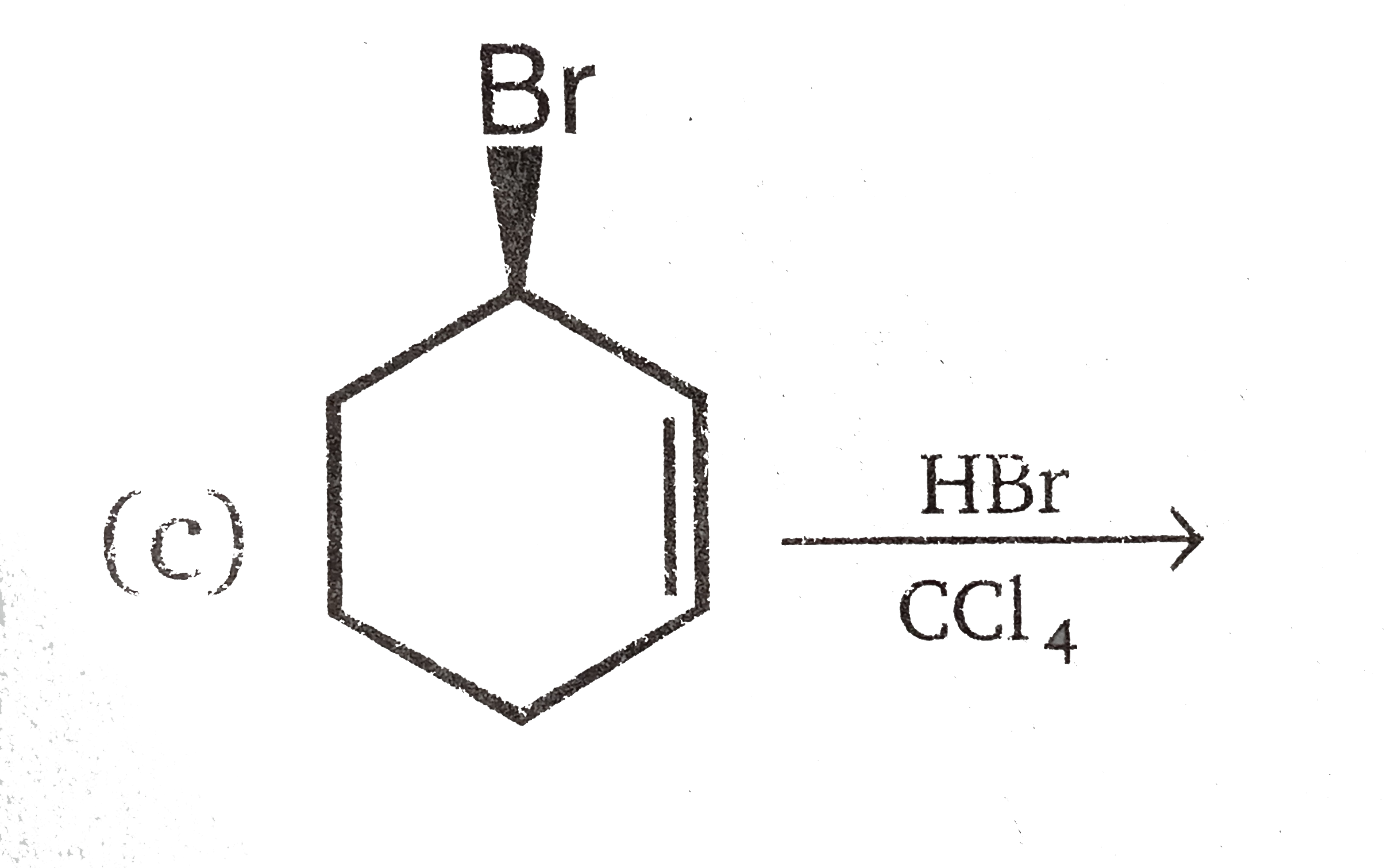 D
D
Which of the following pairs are diastereomers?
A CHO CHO | |H−C−OHandHO−C−H | | CH3 CH3B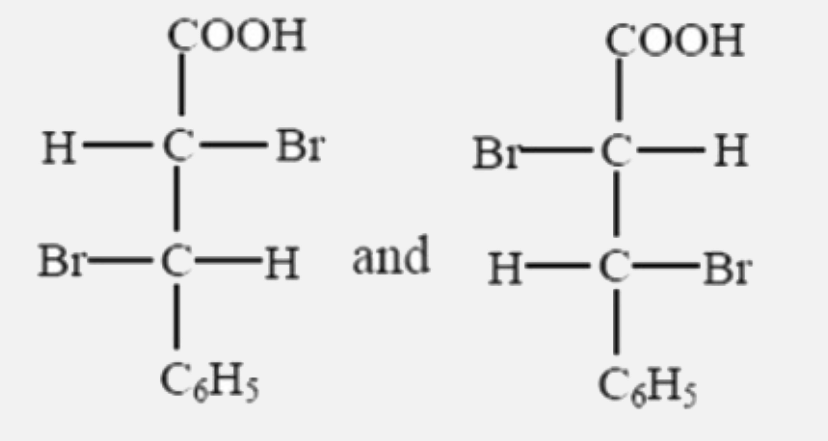 C
C DAll of these
DAll of theseIn which of the following reactions PbSO, is formed?
APbO2+SO2BPbS+O3CPbS+H2O2DAll of the above.
In which of the following reactions PbSO, is formed?
View SolutionIn which of the following reactions PbSO, is formed?
View SolutionWhich of the following are diastereomers ?
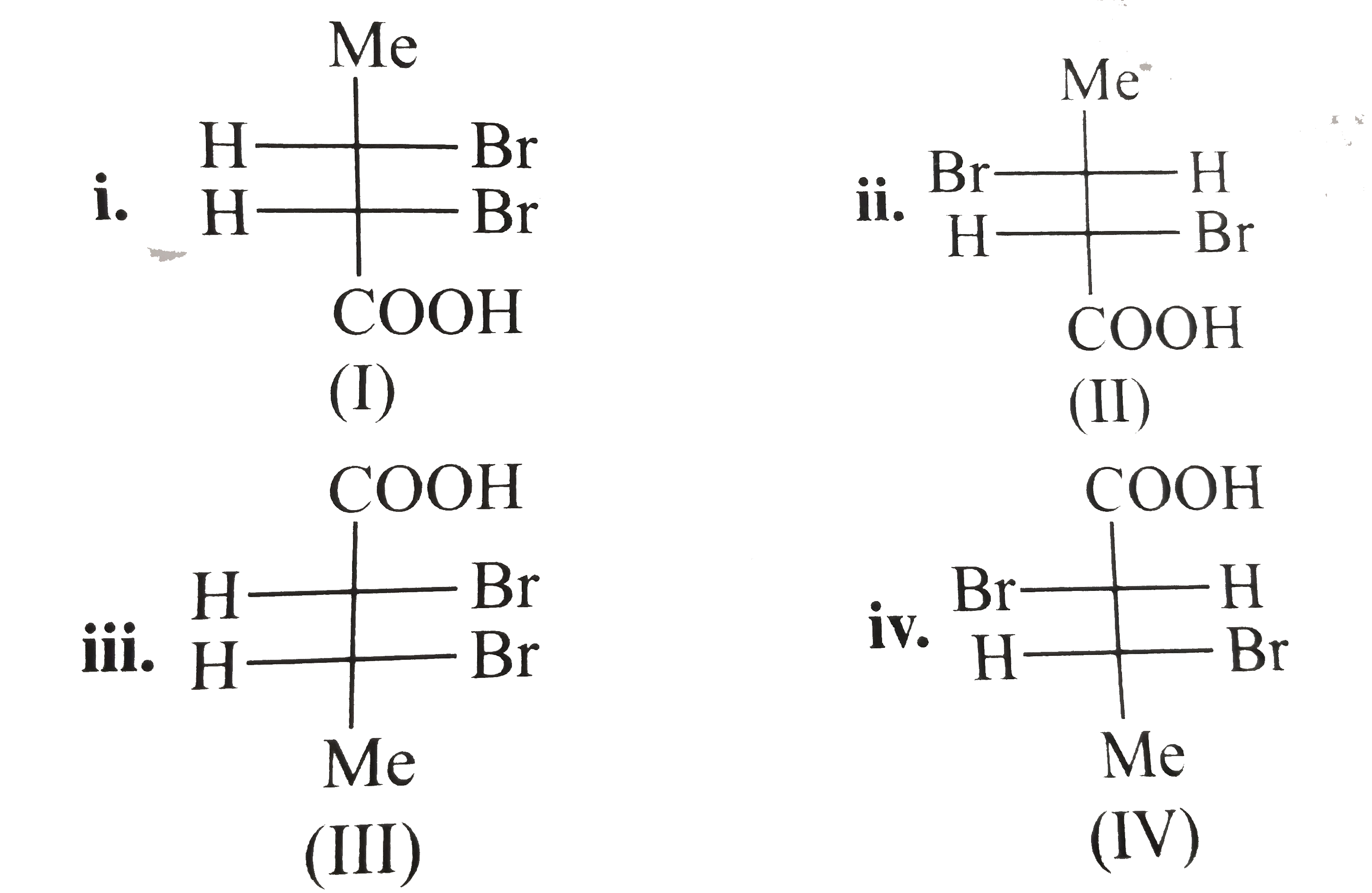
View SolutionIn which of the following reactions, enantiomer is formed?
View SolutionIn which of the following reactions, enantiomer is formed?
View Solution
